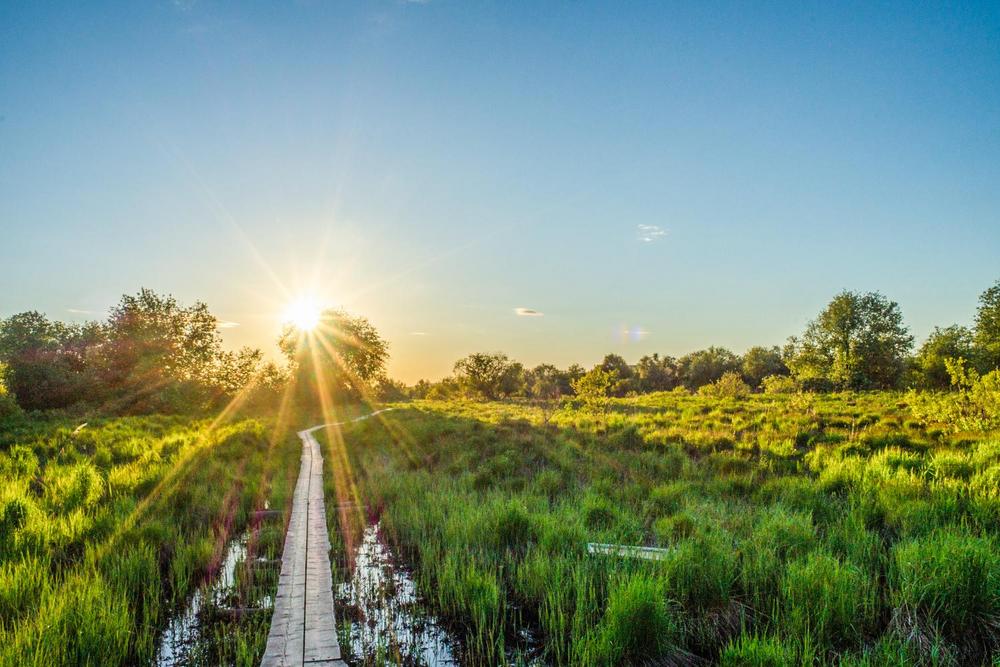STF-program supporting the sustainability learning for small tourism businesses (16.6.2022)
One of the core themes in sustainable tourism development within the Sustainable Travel Finland (STF)-program is learning and how to use the learning outcomes in order to develop the operations of a tourism organization. If an organization wants to develop its operations, it has to be ready to learn, and this also applies in sustainable tourism development work. The learning starts already in the very beginning, when you start to think that what sustainable tourism actually is and what is our company already doing around the topic. But how can the STF-program actually support tourism organizations, especially the small ones, when talking about sustainability learning? This theme has been researched this year in a master’s thesis from the University of Lapland.

The first steps of the development work are often challenging especially for small tourism organizations for multiple reasons. The work is thought to be very time-consuming, expensive and useless, and small organizations tend to underestimate their previous knowledge and competencies. Right at the beginning of the STF-program companies have to think about important questions: what kind of goals do we have within sustainable tourism, why do we want to do this and what would we like to learn? Sustainable tourism strategies and documentation are often the strengths of larger companies, and small organizations are lacking strategies with long-term sustainability goals. This is why small tourism organizations have more challenges to define their strengths and weaknesses.
One of the tools from the STF-program, which supports the learning of the current state, is the self-assessment, where organizations are able to see their operations with the eyes of an outsider. Ecological sustainability is often the most known of the area of sustainability among small companies, and the other areas are less considered. This doesn’t mean that small companies are not working among the other areas. What often comes as a surprise is that small tourism organizations are very advanced in their work on sustainable tourism themes, and these are a part of their day-to-day operations, but unknowingly. A lot of work is already done and in the best possible way, as it is based on one's own values and genuine interest and is not seen in the light of for example improving the market position.
When the goals are determined, the current state of the organization clarified and the development and learning aspects are decided, it’s time for the concrete actions. One of the special features of small tourism organizations is the strong practical nature of working. ‘’It’s just about doing’’ could be a phrase describing their way of working. Also, the agility, protean and the ability to embrace are one of the huge advantages of small tourism organizations, and for example turning learning aspects into concrete actions is much more effortless than in large organizations. Sustainable tourism development is thought to be very complex and bureaucratic requiring huge amounts of paperwork and knowledge. When going through the STF-program, tourism organizations can learn and identify many different actions, that are related to sustainable tourism development, and quite often it’s about very practical things that are visible in the everyday business. The nature of practical working and agility to learn and adapt new things are huge advantages in the implementation of these actions.
It’s impossible to know everything, and what is positive is that you don’t have to find out everything on your own. Different sustainability management programs, like Sustainable Travel Finland, are acting as guidebooks alongside the learning process. One of the biggest benefits of the program is that small tourism organizations learn to see their operations also from the outside, when new development goals from different areas of sustainability are easier to identify. Through the program companies also have a lot of material and support from sustainability professionals.
Each organization has its own ways of working, and everyone’s path towards sustainable tourism is different. It’s important for an organization to find out what suits the best for their needs, find their own learning and development goals and do the work in their own style. In the meanwhile, sustainability programs offer the needed frameworks and tools for the work to be shown to the outside world as well. Small tourism organizations shouldn’t think that they are in the position of an underdog. So small tourism organizations are definitely recommended to start their sustainability development, because they have significant strengths especially from the viewpoint of learning, which will enable the company to develop in the long run!
Saija Halminen
Master's degree programme in Tourism, Culture and International Management
University of Lapland
Link to thesis.